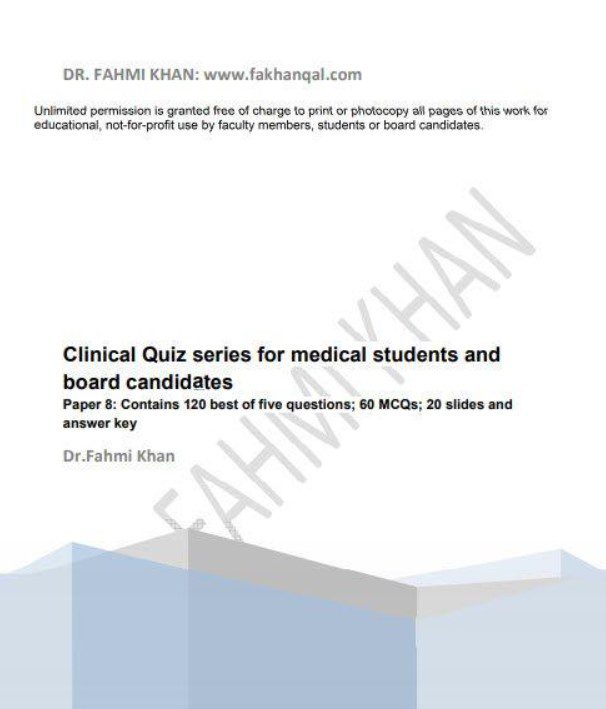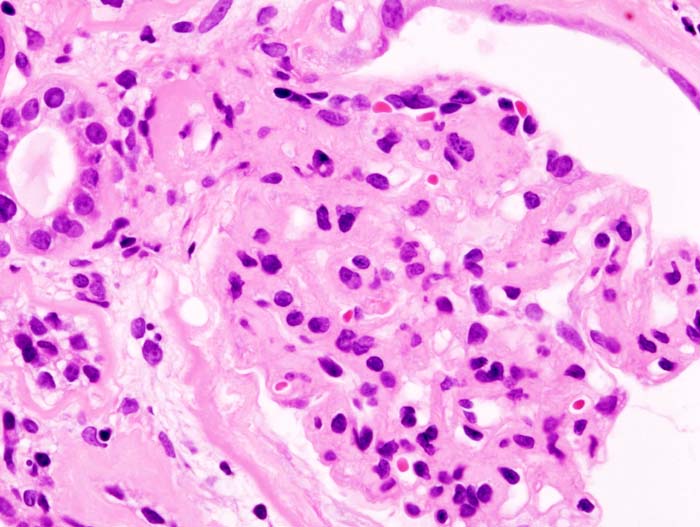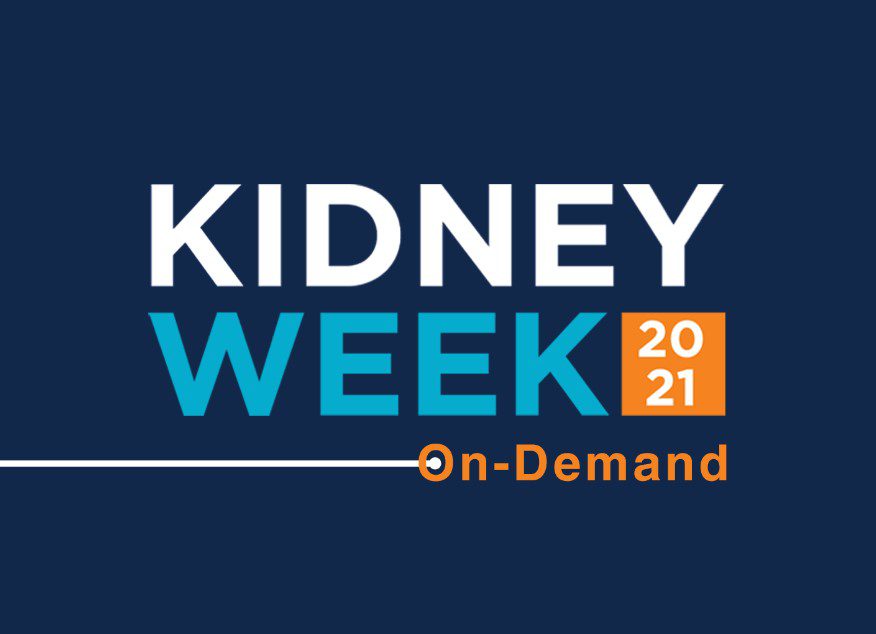RENAL DISEASES
Renal diseases can be classified into:
- Acute renal failure.
- Chronic renal failure.
- Hypertensive kidney disease.
- Nephrotic syndrome and specific tubular abnormalities.
1.ACUTE RENAL FAILURE
It is a reversible condition in which kidney is not able to perform its normal functions.
Causes
- Acute glomerulonephritis.
2. Acute damage and obstruction of the tubules.
Acute Glomerulonephritis.
A disease caused by an abnormal immune reaction. It occurs 1 to 3 weeks following an infection elsewhere in the body and is caused by group A beta streptococci. Me infection may have been L streptococcal sore throat, streptococcal tonsillitis, or even streptococcal infection of the skin. Antibodies develop against the streptococcal antigens. Then immune complex is deposited in the epithelial cells and the mesangial cells that lies between the endothelium and epithelium. Many of glomeruli become blocked entirely by this inflammatory reaction and other usually become excessively permeable, allowing both protein and red blood cells to leak into the glomerular filtrate.
2 Tubular Necrosis
It means destruction of epithelial cells in the tubule. Common causes are:
- Various poisons.
- Severe acute ischemia of the kidneys.
RENAL POISONS
- Carbon tetrachloride
- Mercury ion.
- SEVERE ACUTE RENAL
ISCHEMIA
Results from severe circulatory shock which causes lack of adequate nutrition for tubule and destroys many tubular epithelial cells.
-
TRANSFUSION REACTION
A severe transfusion reaction normally results in haemolysis of large amounts of red blood cells with release of haemoglobin into the plasma. After a transfusion reaction the tubular load of haemoglobin often becomes far greater than that can be reabsorbed by the proximal tubules. The excess haemoglobin becomes so concentrated that it is likely to precipitate in the nephron and in this way cause blockage.
Physiological Effects of Acute
Renal Failure:
- Retention of salt and water.
- Hypertension.
- Uremic retention of waste products.
- Acidosis.
CHRONIC RENAL FAILURE
It is an irreversible condition, in which kidney is not able to perform, its normal functions.
causes:
- Chronic glomerulonephritis.
- Traumatic loss of kidney tissue.
- Congenital absence of kidney tissue, congenital polycystic disease.
- Urinary tract obstruction.
5 Pyelonephritis.
Chronic glomerulonephritis
ln this condition the basic glomerular lesion is usually very similar to that which occurs in acute glomerulonephritis. It begins with accumulation’ of precipitated antigen- antibody complex in the glomerular membrane. The glomerular membrane becomes progressively thickened and is eventually invaded by fibrous tissue. As a result glomerular filtration coefficient becomes greatly reduced. In the final’ stages of the disease many of the glomeruli are completely replaced by fibrous tissue, and the function of these nephrons is thereafter lost forever.
-
Pyelonephritis
Pyelonephritis is an infectious and inflammatory process that usually begins in the renal pelvis and then extends progressively into the renal parenchyma. It results from many different types of bacteria. The invading infection usually effects the medulla of the kidney more than it affects the cortex.
Effect of Renal Failure on the Body Fluids
- Uremia.
- Water retention and edema.
- Acidosis.
- Increase in urea and other Non-protein nitrogen.
- Uremic coma.
- Anemia.
- 0steomalacia.








Leave a Reply